This year marks the 25th anniversary of the world wide web, and I wonder whether its inventor, Tim Berners-Lee, would still have given it away had he known where it would be now. Had he foreseen Google and Facebook and Twitter, the conquest of web porn and the normalisation among teen-agers of misogyny and sodomy, the endless harvesting and mining of data, the surveillance, the cruelty and vulgarity and invasive crassness, the commercialisation of everything — would he still have said, ‘Have it for free, in the common good’?
That’s a question that only he can answer.
Already a subscriber? Log in
Subscribe for just $2 a week
Try a month of The Spectator Australia absolutely free and without commitment. Not only that but – if you choose to continue – you’ll pay just $2 a week for your first year.
- Unlimited access to spectator.com.au and app
- The weekly edition on the Spectator Australia app
- Spectator podcasts and newsletters
- Full access to spectator.co.uk
Unlock this article
Available from the Spectator Bookshop, £16.50. Tel: 08430 600033
You might disagree with half of it, but you’ll enjoy reading all of it. Try your first month for free, then just $2 a week for the remainder of your first year.

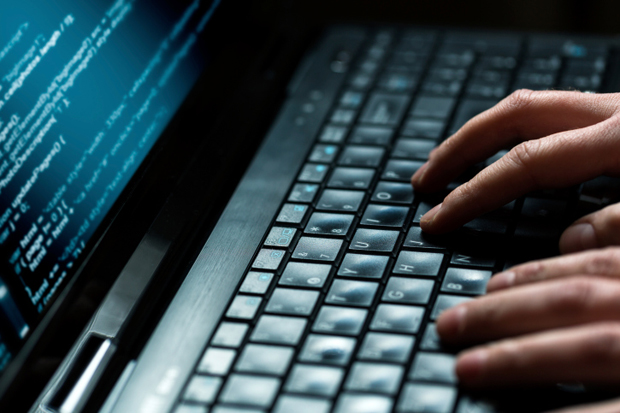


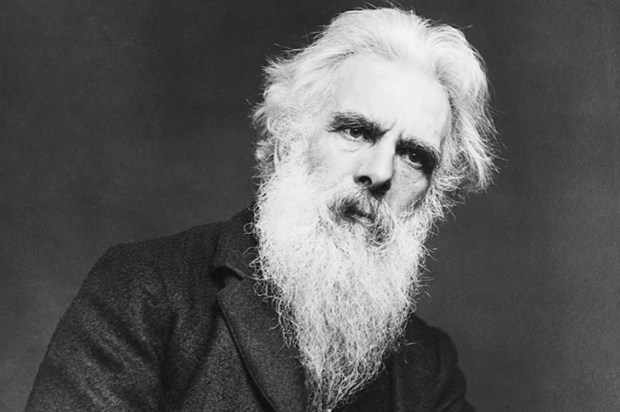
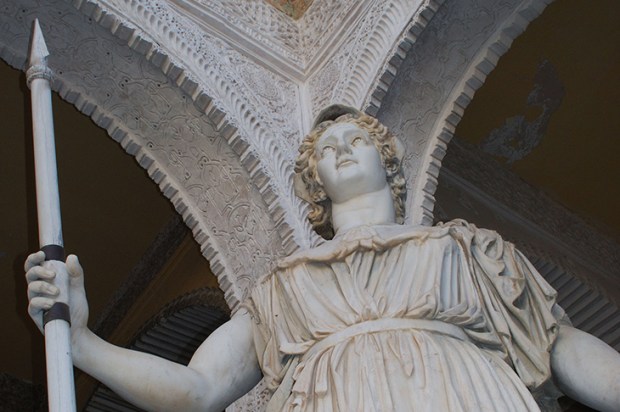
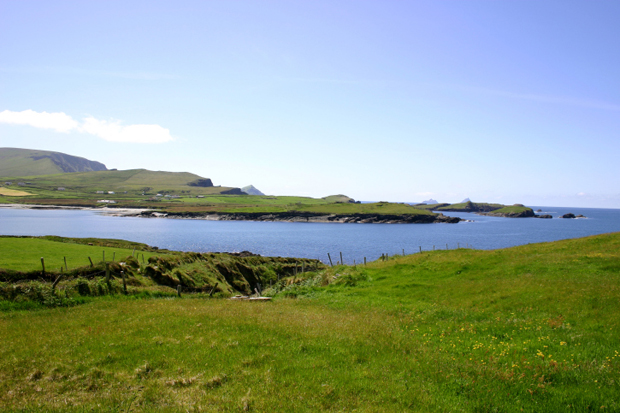
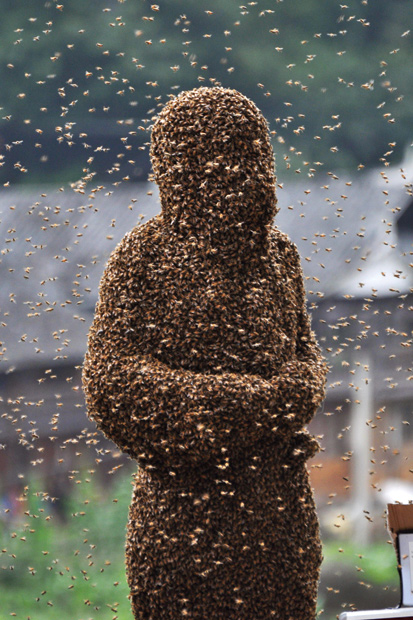






Comments
Don't miss out
Join the conversation with other Spectator Australia readers. Subscribe to leave a comment.
SUBSCRIBEAlready a subscriber? Log in